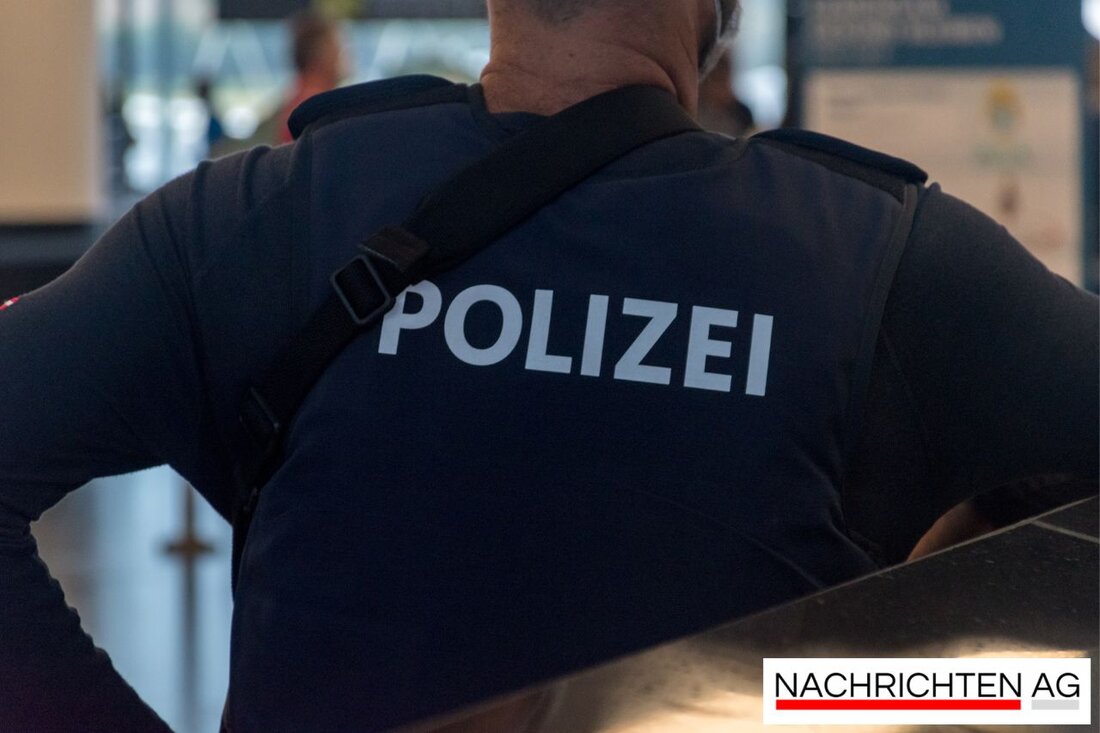75 years of road safety: Hamburg's JVS inspires children with fun!
The Hamburg Youth Traffic School is celebrating 75 years of traffic education. Modern concept for safe mobility in schools.

75 years of road safety: Hamburg's JVS inspires children with fun!
The 75th anniversary of the Hamburg Police Department's traffic education was celebrated in Hamburg in 2023. The Youth traffic school (JVS) has continued to develop since its founding in 1950. What once began with Kettcars on replica city routes has transformed into a modern, mobile concept that is now carried out directly in schools and districts.
There are currently five JVS in Hamburg, each supported by a police officer and a technical staff. What is new is the involvement of police traffic instructors (PVKL), who act as rule explainers, encouragers and referees. These measures underline the goal of making traffic education not only informative, but also interactive and entertaining. Children not only learn right-of-way rules, but also important aspects such as looking over the shoulder and hand signals. The youth traffic school is often the first contact that children have with the police - and this should be made particularly positive.
Changing requirements for traffic education
The demands on traffic education have grown in recent years. New and changing mobility behavior as well as digital teaching methods require the teaching content to be adapted. The JVS and PVKL are active every day at around 450 schools in Hamburg to prepare the next generations of road users for the challenges of road traffic.
The Bad Kreuznach police department in Rhineland-Palatinate is pursuing a similar concept, where the youth traffic school is part of the traffic safety advice. The focus here is on cycling training at primary and special schools, which helps children learn how to behave safely and responsibly in traffic. The head of the Bad Kreuznach Police Department, First Chief Inspector Patrick Fata, emphasizes the importance of practical training, in which the children not only impart theoretical knowledge, but can also strengthen motor skills. The aim is to prevent accidents and promote children's independence. More information can be found on the website Rhineland-Palatinate Police.
A look beyond the borders
Youth traffic schools are also active in Berlin and are developing into competence centers for mobility education. At 25 locations in the city, not only children and young people, but also families are addressed. The invitation to cycling training is aimed, for example, at pupils in grades 3 and 4 who can obtain a cycling license from their school through the test. They are supported by the traffic safety advisors from the Berlin police, who also offer individual advice on traffic safety. Those interested can find further information on this website Berlin.de.
The close cooperation between schools, the police and other mobility education providers ensures that traffic education is not only effective but also sustainable. The high number of visitors to youth traffic schools after the corona-related restrictions show how important and in demand such offers are.

 Suche
Suche
 Mein Konto
Mein Konto